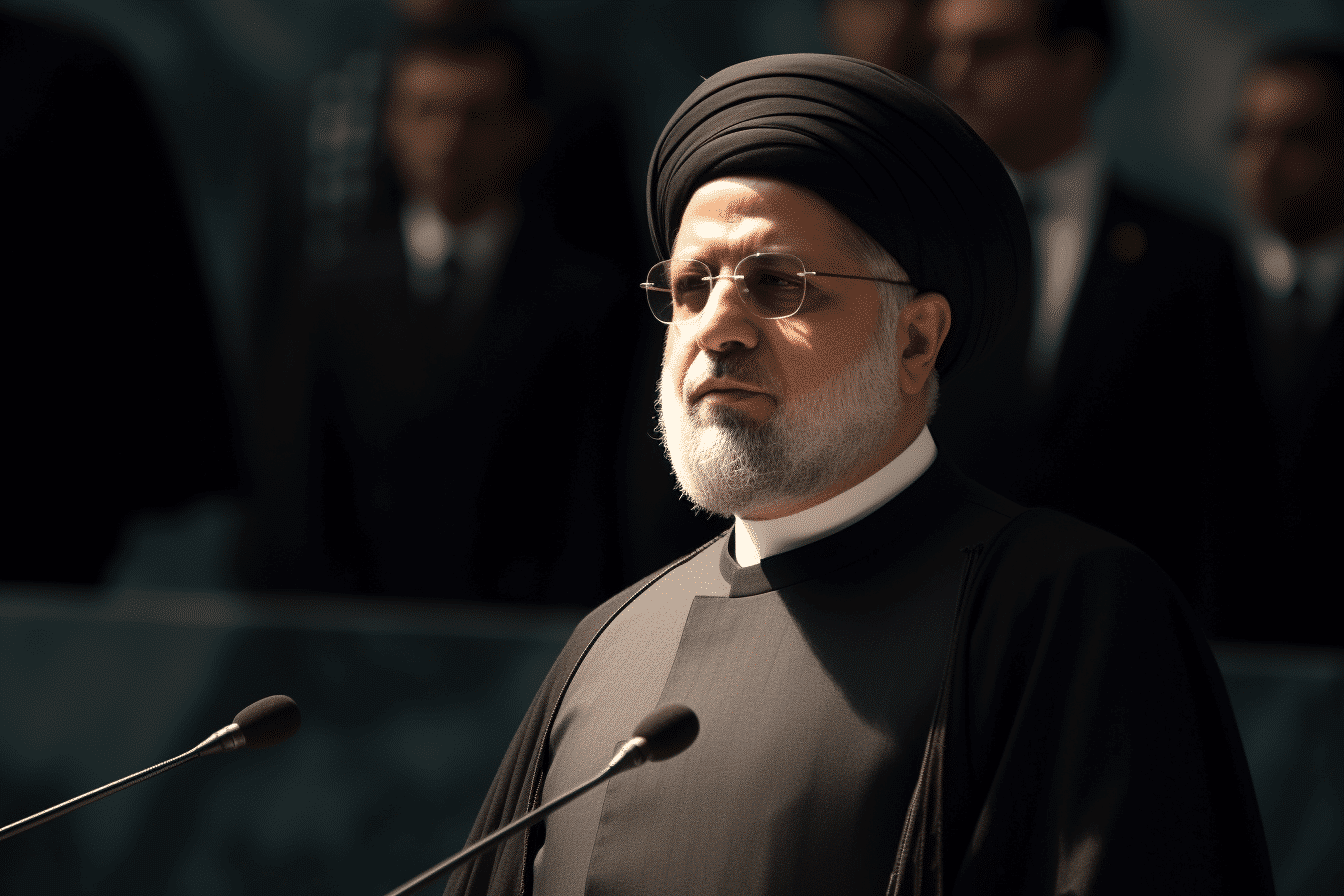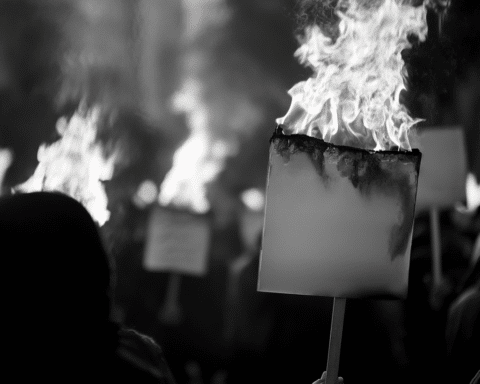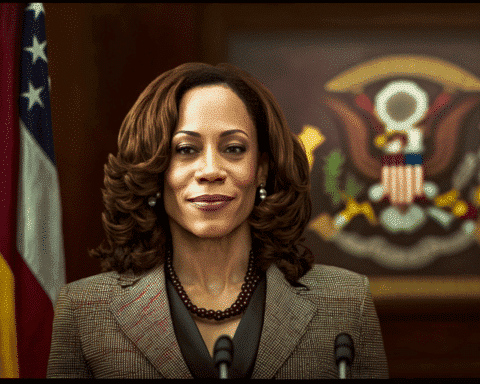In a speech at the United Nations General Assembly, Iranian President Ebrahim Raisi emphasized Iran’s “inalienable right to peaceful nuclear energy” and called upon the United States to show “verifiable proof” of its intent to rejoin the 2015 nuclear agreement.
Raisi criticized the U.S. for withdrawing from the agreement, stating that the action contradicted U.S. obligations and represented an “unjustified response” to Iran’s compliance with the deal.
The U.S. exited the accord in 2018 under then-President Donald Trump, reimposing severe sanctions on Iran. Subsequently, in 2019, Iran began violating the agreement’s terms. Attempts to revive the deal through negotiations in Vienna broke down in August 2022.
Raisi reiterated Iran’s longstanding position that it has never pursued nuclear weapons and that its nuclear program is solely for peaceful means, stating that “nuclear weapons are not part of Iran’s defence or military strategy.”
However, Rafael Grossi, the head of the International Atomic Energy Agency (IAEA), expressed concerns in an interview with The Associated Press. He said that Iran’s dismantling of numerous IAEA-installed cameras and monitoring equipment makes it challenging to verify the peaceful nature of its nuclear program. Grossi had previously warned that Iran possesses enough enriched uranium to produce “multiple” nuclear bombs if it decided to do so.
Grossi also revealed that he has sought a meeting with President Raisi to discuss the Iranian government’s surprising ban on a significant number of IAEA inspectors.
Although Raisi did not address the issue of IAEA inspectors, the European Union’s top diplomat, Josep Borrell, met with Iranian Foreign Minister Hossein Amirabdollahian on Tuesday. Borrell pressed Iran to reconsider its decision to prohibit several veteran nuclear inspectors and urged better cooperation with the IAEA.
Borrell also called on Iran to cease its military collaboration with Russia, citing allegations that Iran has provided drones to Russia for use in the Ukrainian conflict—claims that Iran denies.
The speech by the Iranian president followed a day after both Iran and the U.S. released five prisoners each, who had been imprisoned for years. Additionally, the U.S. authorized the release of nearly $6 billion of Iran’s frozen assets in South Korea for humanitarian purposes. The freed Americans arrived back in the U.S. earlier on Tuesday.
Raisi did not comment on the prisoner exchange during his speech.
Israel’s U.N. Ambassador, Gilad Erdan, walked out of the assembly hall as Raisi began his address. Erdan carried a sign featuring an image of Mahsa Amini, a 22-year-old Kurdish-Iranian woman who died in police custody in Iran last year, leading to global protests against Iran’s conservative Islamic regime.
The unfolding dynamics around the Iran nuclear deal continue to be a focal point in international relations. Amid a backdrop of high-stakes diplomacy, prisoner exchanges, and humanitarian gestures, the Iranian president’s latest address at the U.N. General Assembly adds another layer of complexity to the ongoing discussions. As world leaders and diplomats deliberate on how to navigate this intricate landscape, Iran and the United States seem to remain at an impasse, each calling on the other to take verifiable actions to move toward a resolution.




